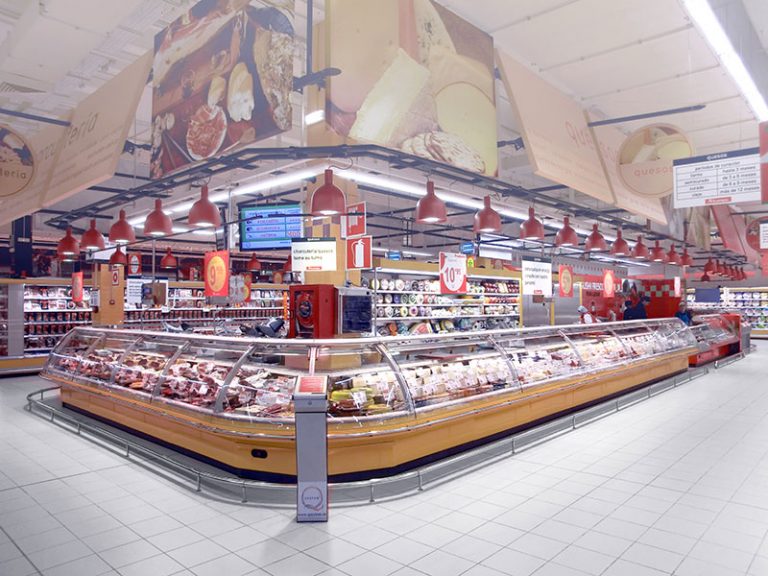In the quest for a more sustainable future, industries are reimagining their practices to align with environmental goals. The supermarket sector, a significant consumer of energy for refrigeration purposes, is undergoing a transformative shift towards sustainable and eco-friendly industrial refrigeration. This article explores the innovative solutions and initiatives driving this change, with a focus on creating greener and more environmentally responsible supermarket refrigeration systems.
The Need for Sustainable Industrial Refrigeration in Supermarkets:
Supermarkets play a crucial role in supplying fresh produce, frozen goods, and a variety of perishables to consumers. However, the traditional industrial refrigeration systems employed by these establishments have often been associated with high energy consumption, refrigerant leaks, and environmental concerns. Recognizing the impact of these practices, the industry is now embracing sustainable alternatives to minimize its ecological footprint.
Energy-Efficient Technologies:
One key aspect of sustainable industrial refrigeration in supermarkets is the adoption of energy-efficient technologies. This includes the use of advanced refrigeration systems with features such as variable-speed compressors, LED lighting, and smart sensors to optimize cooling conditions. These technologies not only reduce energy consumption but also contribute to significant cost savings over time.
Natural Refrigerants:
The shift towards eco-friendly industrial refrigeration involves transitioning away from synthetic refrigerants with high global warming potential (GWP). Supermarkets are increasingly turning to natural refrigerants such as carbon dioxide (CO2), ammonia (NH3), and hydrocarbons. These substances have lower GWPs and are considered more environmentally friendly alternatives, offering efficient cooling without contributing to ozone depletion or climate change.
Green Refrigeration System Designs:
Designing supermarket refrigeration systems with sustainability in mind is becoming a priority. This involves implementing centralized or hybrid systems that maximize energy efficiency and minimize environmental impact. Integrating heat recovery systems further enhances efficiency by repurposing excess heat generated during the refrigeration process for heating applications within the store.
Renewable Energy Integration:
Supermarkets are exploring opportunities to integrate renewable energy sources into their industrial refrigeration systems. Solar panels, wind turbines, and other renewable technologies are being employed to power refrigeration units, reducing reliance on conventional energy sources and lowering the overall carbon footprint of supermarket operations.
Smart Refrigeration Management:
The advent of smart technologies is revolutionizing how supermarkets manage their refrigeration systems. IoT-enabled sensors and data analytics provide real-time monitoring and control, allowing for precise temperature management, early detection of issues, and proactive maintenance. This not only enhances the efficiency of industrial refrigeration but also minimizes waste and operational costs.
Regulatory Compliance and Consumer Demand:
The push for sustainable and eco-friendly industrial refrigeration in supermarkets is further fueled by evolving regulations and heightened consumer awareness. Governments are implementing stricter standards, encouraging the adoption of environmentally responsible practices. Simultaneously, consumers are increasingly choosing retailers that demonstrate a commitment to sustainability, driving supermarkets to prioritize green refrigeration solutions.
Conclusion:
The move towards sustainable and eco-friendly industrial refrigeration in supermarkets marks a significant step in mitigating the environmental impact of this energy-intensive sector. By embracing energy-efficient technologies, natural refrigerants, and smart management systems, supermarkets are not only reducing their ecological footprint but also future-proofing their operations in an era where sustainability is a central focus. As these initiatives continue to gain momentum, the supermarket industry is poised to lead the way in creating a more environmentally conscious and responsible approach to industrial refrigeration.



